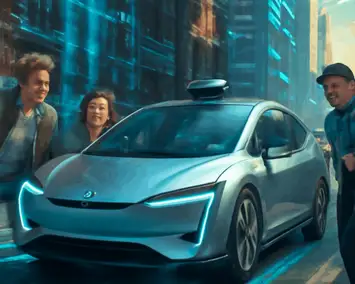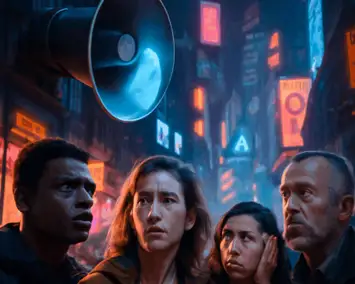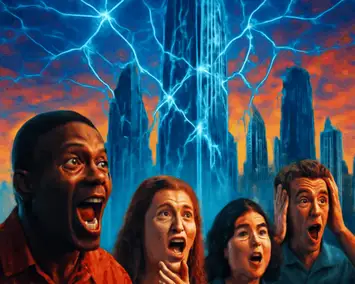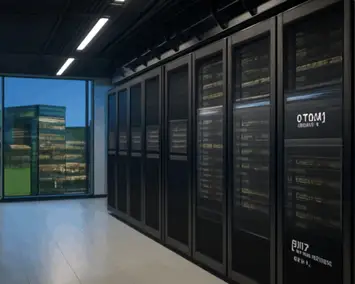Moonvalley, an AI video generation startup based in Los Angeles, has publicly launched its innovative "3D-aware" video model named Marey. Unlike conventional text-to-video systems, Marey enables filmmakers to exert greater creative control over their projects through a credits-based subscription model. When tested during its beta phase earlier this year, it showed potential in democratizing access to advanced AI storytelling tools, particularly benefiting those within the filmmaking industry who face financial and logistical hurdles. The public release marks a notable entry within an expanding array of AI-powered video production solutions.
The Marey model was developed with a heightened sensitivity to the current legal landscape, notably in the context of copyright concerns. One of its defining features is its construction through openly licensed data, aligning with Moonvalley’s objective of avoiding copyright infringement claims. This characteristic is likely to appeal to filmmakers seeking assurance against litigious risks associated with using AI-generated content that could mirror or replicate existing copyrighted works. Moonvalley’s approach exemplifies a responsible and forward-thinking attitude towards the ethical use of AI in creative industries.
The launch of Marey holds potential repercussions for various stakeholders in the tech and creative sectors. For tech companies, it raises the competitive stakes in the burgeoning AI video generation market, already populated by players like Runway Gen-3 and Pika. For filmmakers, especially independent creators, it provides a cost-effective alternative to traditional filmmaking methods, potentially lowering the barriers of entry into the industry. Regulators may view this development attentively, as it integrates emerging AI technologies with regulated content creation under the evolving guidelines surrounding platform regulation and AI ethics.
Looking ahead, Marey’s advancement in AI-driven filmmaking could set precedents for how films are produced, allowing for more nimble and adaptable creative processes. Moonvalley plans to enhance Marey’s capabilities by adding more control features, such as lighting adjustments and character libraries, in the near future. The continued advancement of this technology suggests a future where AI-assisted filmmaking might become a significant sector within the broader industry, influencing how stories are told and how audiences experience visual media.









